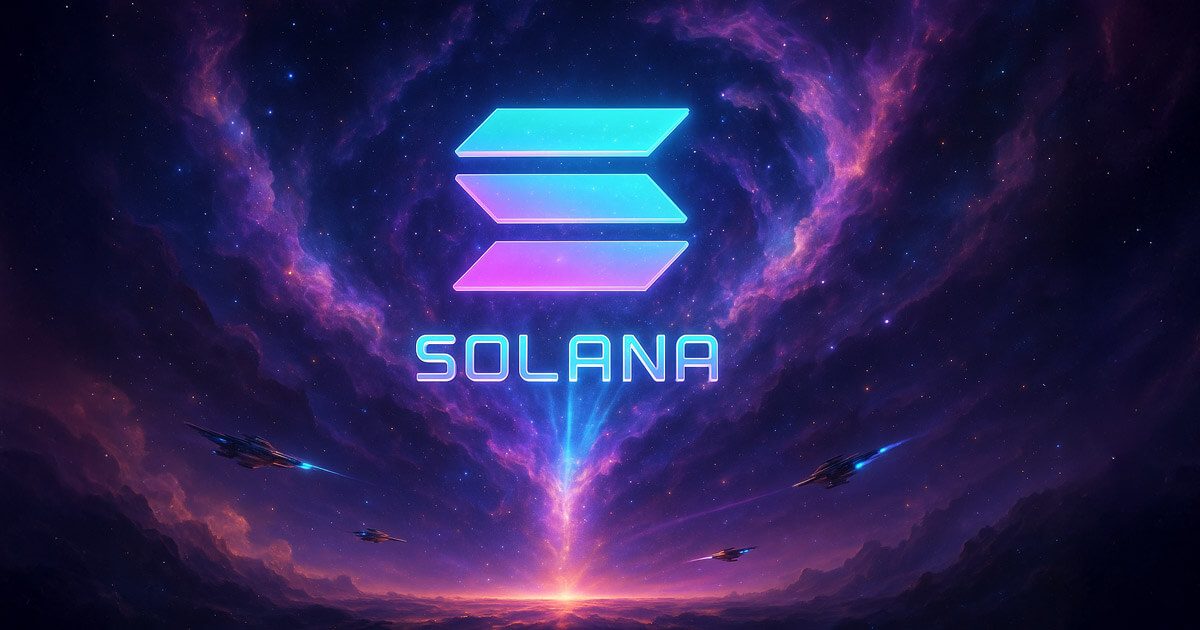Cardano’s Charles Hoskinson predicts Ethereum will be dead within 15 years

Cardano founder Charles Hoskinson has cast doubt on Ethereum’s ability to stay relevant over the next decade.
In an April 23 AMA session, Hoskinson warned that Ethereum may face a mass user migration as its current structure strains under scaling pressures and internal inefficiencies.
According to him:
“I don’t think Ethereum will survive more than ten to fifteen years. The layer twos will continue to suckle out all of the alpha, and people will start fighting, and it’ll get harder and harder for Vitalik to be able to hold it together through sheer force of will. And users will gradually migrate to other places.”
Hoskinon finds faults in Ethereum architecture
He argued that Ethereum’s architecture and governance model are creating long-term vulnerabilities. The Cardano founder noted that the network users are gradually shifting to alternative platforms, especially as Layer-2 (L2) solutions begin to dominate network activity.
He said:
“They have to find a way to have the layer twos not be parasitic. And unfortunately, I don’t see a path on how to do that easily. It’s going to be a very hostile divorce to resolve these types of things.”
Hoskinson also criticized Ethereum’s foundational components, including its proof-of-stake system, accounting model, and virtual machine. According to him, many of these issues were avoidable and stemmed from decisions the Ethereum Foundation made despite industry pushback.
He added:
“They have the wrong accounting model, they have the wrong virtual machine, and they have the wrong consensus model. All of these were self-inflicted wounds. People told them not to do it. They did it, and, you know, they got where they needed to go.”
Despite his harsh critique, Hoskinson welcomed Ethereum co-founder Vitalik Buterin’s recent proposal to replace the Ethereum Virtual Machine with RISC-V, a more efficient instruction set architecture.
This upgrade aims to optimize the execution layer without disrupting the developer experience, keeping Solidity and Vyper as the main programming languages.
He described the shift as positive but emphasized that he believes technical upgrades alone won’t fix Ethereum’s deeper problems. In his view, unless the accounting model is redesigned, Ethereum could fall behind more adaptive networks.
He said:
“I think it is good to go to RISC-V. That’s a really good decision for Vitalik to make. It makes a lot of sense. But the accounting model also has to be kind of revised a little bit.”














